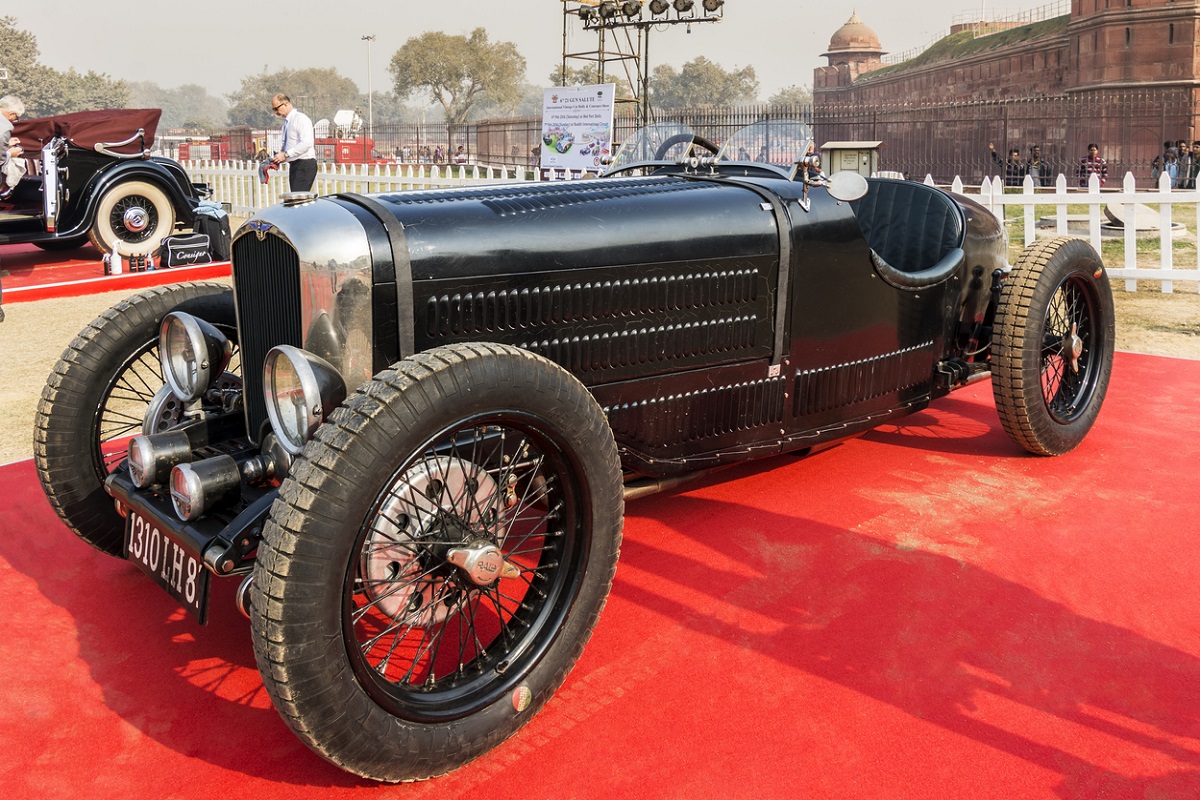A vintage car is an ancient car in the broadest sense and a car from the period 1919 to 1930 in the narrower understanding of automotive enthusiasts and collectors. Such car collectors have classification methods for different eras of automobiles, such as antique cars, vintage cars, classic cars, and so on. The classification criteria vary, although prominent car organisations, such as the Vintage Sports-Car Club (VSCC) in the United Kingdom, frequently maintain consensus within a country.
One of the guidelines outline vintage vehicles because the automobiles which have been constructed among the term of 1919 and 1930, while some don’t forget the time period to be 1919 to 1925. However, in contrast to antique vehicles and classic cars, antique cars do no longer lose their value in case they’ve changed. Alterations made to the layout or engine specifications do no longer cause them to be any less of an antique vehicle. Customised automobiles, road rods, and exceptional motors fall under this category.
Advertisement
The term will cover any car, four- or two-wheeler that is more than 50 years old from the date of first registration after the first sale together with any vehicle imported into India. This will be a concern to the circumstance that such cars ought to be maintained in their authentic form, and should now not have passed through any significant overhaul that consists of any amendment in chassis or body shell, and/or engine.
In the world of automobiles, the vintage era was a period of transition. In 1919, the car was still considered a rarity, but by 1930, it was well on its way to becoming commonplace. Indeed, the level of automotive production at the conclusion of this century was not surpassed until the 1950s.
Most industrialised countries established nationwide road systems in the ensuing years so that by the conclusion of the period, the capacity to negotiate unpaved roads was no longer a major factor in vehicle design.
Enthusiasts estimate the number of vintage vehicles at around 5,000 across India. New legal guidelines for the sale of old cars have also been drafted.
The regulation states that the sale or buy of those automobiles can be authorised, furnished the purchaser and vendor inform their respective nation transportation authority’s inside ninety days of the sale or buy.
The new draft additionally states that older motors cannot be used as different automobiles, nor can proprietors use them for industrial functions. but, the draft does now not specify the process for qualifying using those automobiles as “regular”. We believe this is justified as owners of vintage or conventional vehicles are not going to be the use their vehicles for ordinary use.
Those cars are nearly usually used sparingly because they’re basically bought and maintained as a hobby or sentimental value.











